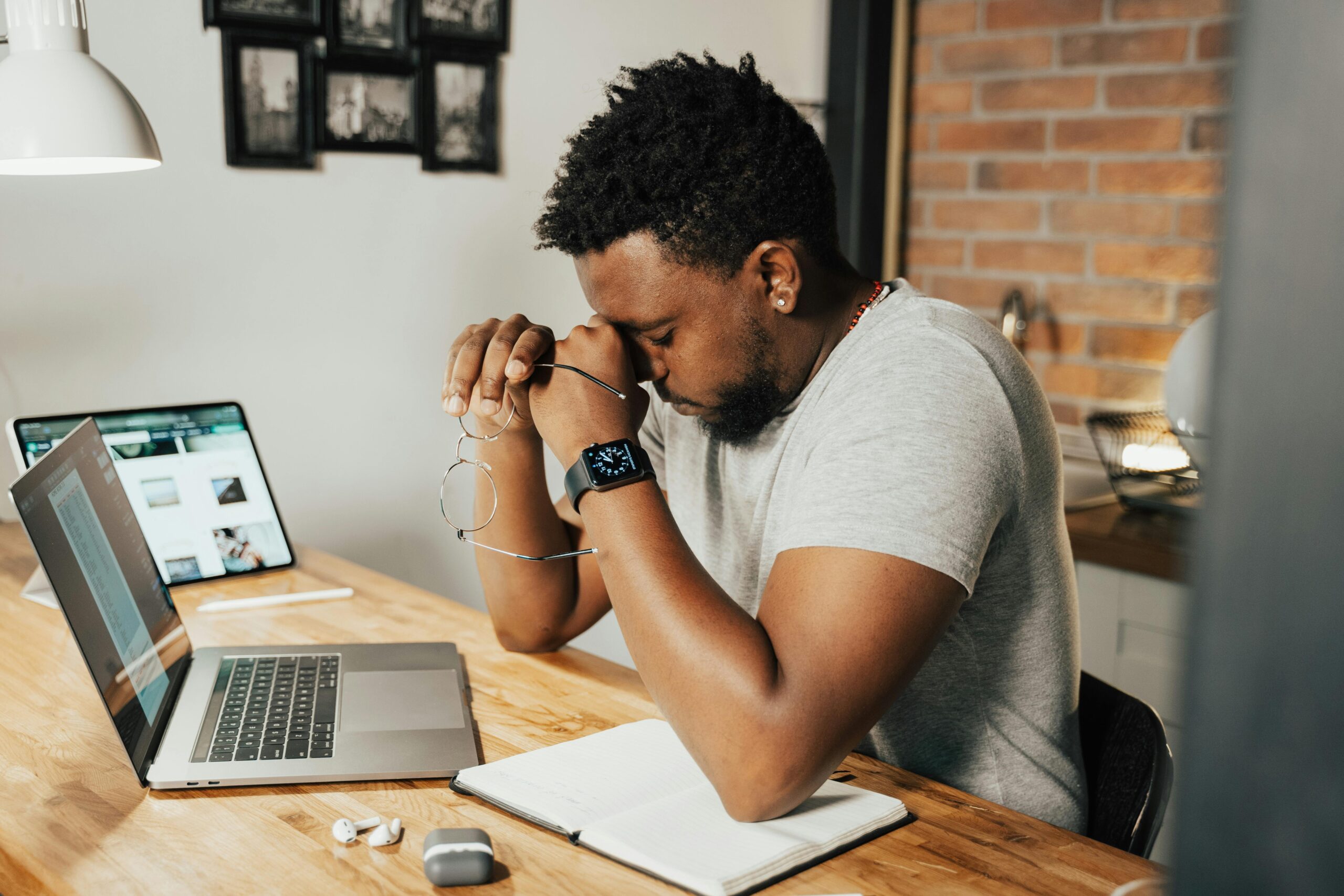
It’s Monday morning. You’ve brewed your coffee, sat down at your desk, and hit the power button. Your PC comes to life… slowly. You wait. And wait. By the time your desktop fully loads, your coffee’s cold and your motivation is on life support.
Sound familiar?
If you’re wondering, “How do I fix a slow PC?” — you’re not alone. We’ve all been there, staring at the spinning wheel of doom or watching a folder open as if it’s traveling through a time warp.
Let’s break down the common causes of a sluggish computer, share some real-life stories of tech trouble, and more importantly — offer solutions that actually work.
Story 1: The Tale of the Chrome Tab Collector
Meet Sarah, a graphic designer who swears by multitasking. On a regular day, her Chrome browser has 27 tabs open, Spotify streaming, Photoshop running in the background, and Slack pinging every 8 seconds.
Eventually, her PC started acting like a moody teenager. Programs crashed. Files took forever to save. The dreaded “Not Responding” message became part of her daily routine.
Diagnosis: RAM overload.
Fix: Sarah upgraded her 8GB RAM to 16GB and learned the magic of browser tab managers like OneTab. She also made a habit of checking her Task Manager (Ctrl+Shift+Esc) to see what was eating her memory. The result? A noticeably faster PC and way fewer rage clicks.
What Causes a Slow PC?
Before we jump into all the fixes, let’s look at the usual suspects behind a slow computer:
- Too many startup programs
- Not enough RAM or storage
- Old hardware
- Malware or viruses
- Too many browser extensions
- Cluttered hard drive
- Outdated operating system or drivers
Now let’s tackle each of these, one step at a time.
Step-by-Step: How Do I Fix a Slow PC?
1. Cut Down Startup Programs
If your PC takes forever to boot, your startup programs are likely to blame.
Quick fix: Press Ctrl + Shift + Esc to open Task Manager → Go to Startup tab → Disable unnecessary programs.
💡 Pro tip: If you don’t recognize a program, Google it before disabling. Some system apps are essential.
2. Check for Malware and Unwanted Software
Story time: James, a college student, downloaded what looked like a “free PDF converter.” Turns out, it came with a cocktail of malware that slowed his PC to a crawl and bombarded him with pop-ups.
Fix: He installed Malwarebytes and did a full system scan. After quarantine and deletion, his PC was back in shape.
Moral: Always download software from trusted sources. And keep a reliable antivirus on standby.
3. Clean Up Your Hard Drive
Even digital junk takes up real space.
Run Disk Cleanup:
- Press Win + S, type Disk Cleanup
- Select the drive (usually C:)
- Check all the boxes to remove unnecessary files (temporary files, recycle bin, etc.)
- Click OK
Also Read , How to Rotate Computer Screen ? : A Step-by-Step Guide (With Real-Life Moments You’ll Relate To)
For deeper cleaning, try CCleaner, but use with care and avoid registry cleanup unless you know what you’re doing.
4. Add More RAM or Switch to SSD
Meet Rahul, a video editor trying to render HD clips on a 5-year-old laptop. His PC wheezed every time he hit “export.”
Fix: He upgraded from a traditional hard drive to an SSD and doubled his RAM. The difference was like night and day.
💡 SSDs aren’t just for video editors — even casual users will notice a significant boost in boot time and file access speed.
5. Update Everything
- Windows Update: Go to Settings → Update & Security → Windows Update
- Driver Updates: Use Device Manager to check for outdated drivers
- App Updates: Especially browsers, antivirus, and productivity software
Sometimes your slow PC is just waiting for a little TLC in the form of an update.
6. Tame Your Browser
Chrome is notorious for gobbling memory.
Fixes:
- Limit open tabs
- Remove unused extensions
- Clear cache and cookies
- Use lightweight alternatives like Brave or Edge
7. Use Built-in Troubleshooters
Windows actually has decent troubleshooters.
Go to Settings → Update & Security → Troubleshoot and run performance or hardware troubleshooters. They can detect and fix issues without you doing a thing.
Also Read , How to Earn Money Online? : Real Strategies, Real Stories, and a Real Path Forward
When All Else Fails: The Nuclear Option
If your PC is still slower than molasses, consider:
- Factory Reset (be sure to back up everything)
- Reinstall Windows for a fresh start
Or — and we say this gently — maybe it’s time to say goodbye and invest in a new machine. Technology has a lifespan too.
Final Thoughts: So, How Do I Fix a Slow PC?
The answer isn’t one-size-fits-all. Sometimes, it’s a memory issue. Other times, it’s digital clutter or sneaky malware. But most often, it’s a combo of several little things piling up over time.
Let’s recap the major takeaways:
✅ Free up RAM by closing tabs and background apps
✅ Clean up your hard drive and uninstall unused software
✅ Scan for malware and viruses regularly
✅ Upgrade hardware if needed (especially SSD and RAM)
✅ Keep your system and drivers updated
✅ Don’t ignore the power of a good reboot
Real people like Sarah, James, and Rahul faced these issues — and fixed them. So can you.
Also Read , How to Deactivate Facebook Account: A Step-by-Step Guide (With Real-Life Stories)
One Last Story…
Before we sign off, here’s a short one. Linda, a retired teacher, called her grandson in a panic because her “internet was broken.” Turns out her PC was just painfully slow, taking minutes to load anything. He visited, did a few of the fixes we talked about — disabled startup apps, ran malware checks, cleared space — and boom! Her old laptop felt new again.
Now she calls him to ask how to make memes.
Moral of the story? A slow PC doesn’t mean a dead PC.
Your Turn: Fix It Today
If you’ve been asking, “How do I fix a slow PC?” — don’t wait for it to get worse. Take 15 minutes today to check your Task Manager, clean up your storage, and run a scan. Your future self (and your coffee) will thank you.
Have your own PC horror story or miracle fix? Share it in the comments — we’d love to hear it!
Also Read , What are the best cheap gaming laptops in 2025?
image credit: pexels.com



